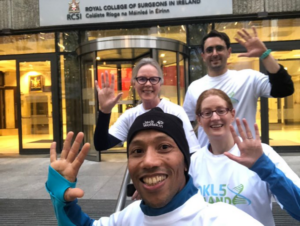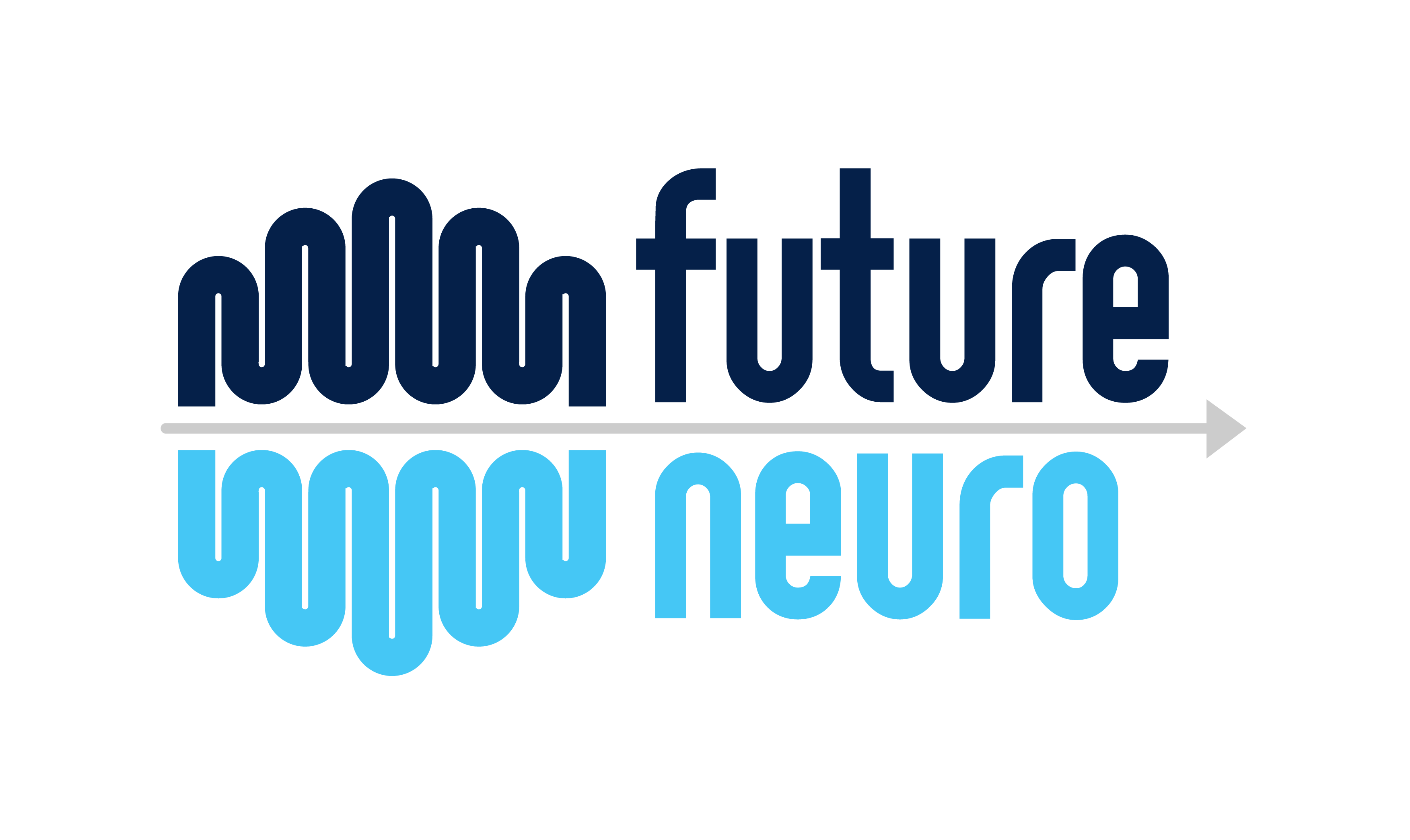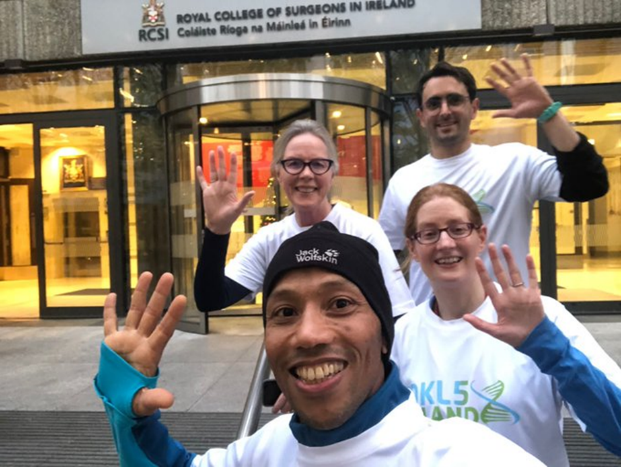Vision and Objectives: The CDKL5 Virtual Run was the brainchild of Dr Omar Mamad. Omar has worked closely with the CDKL5 Alliance to establish meaningful public patient involvement and education and public engagement. The vision, in this instance, was to promote awareness, understanding and acceptance of the condition of CDKL5 and its impact on affected families. Further objectives included raising much-needed funds and inviting Jonna Malone mother of Mia to speak of her lived experience of the condition with FutureNeuro Researchers. Collaborative initiatives such as these are designed to educate, equip and empower people living with CDKL5, their families and the general public to engage and become involved with research and bridge the gap between people with lived experience, their caregivers, clinicians, neuroscientists and the public. Several FutureNeuro team members participated in the virtual run, donated to the GoFundMe page and attended the virtual talk. The target group for the virtual run included patients and families of people with CDKL5, the patient advocacy organization, the FutureNeuro research community and members of the RCSI.
Inputs: Assessing, planning, implementing and evaluating both the virtual run and the talk was carried out in collaboration with Omar Mamad, Jonna Malone, the FutureNeuro team and RCSI Staff. To maximize reach, we advertised it on social media platforms, through the FutureNeuro network, and RCSI Sports and Social Club.
Outputs: The establishment of strong connections with the CDKL5 Alliance is a very positive output. Equally, this model established bidirectional engagement and public engagement as it was extended to include all RCSI Staff. It provided FutureNeuro researchers with a platform to share their PPI/EPE research journey in the collaborative talk shared with Jonna Malone. It also opened avenues for Neurological patient organizations and FutureNeuro staff to collaboratively develop and deliver Initiatives in education and public engagement.
These connections will be leveraged to support other organizations and FutureNeuro Researchers to work collaboratively in the development and delivery of public initiatives that benefit all. Secondly, there is opportunity to collectively create other initiatives using this template.
Outcomes and Evaluation: The creation of this collaborative initiative has enhanced staff capacity to appreciate the value of meaningful engagement with knowledge beneficiaries and service users in this instance, patients, parents and caregivers of CDKL5. A roadmap has been established to build outreach EPE into FutureNeuro’s strategy and into individual research programmes. The initiative has affirmed the importance of ‘Bidirectional Engaged Research’ in the Center going forward, and has led to the identification of specific research topics and questions in this instance during the virtual talk, when Jonna highlighted those issues of greatest concern for her as a mother. Reflective feedback was invited after the virtual run and lecture. High rates of satisfaction were recorded from all of the participants with typical qualitative quotes from participants as follows:
“This event was significant as we were representing a minority of certain patients and families with a rare brain disorder and we were able to amplify their voices though the event. This event has been screened in different platforms of social media and had a very good output. We are glad that more is known of CDKL5 Deficiency disorder (CDD) now”.
A further response was “as patients and parents, we don’t usually see actual researchers or doctors plan runs or invite us to tell our story. This is very encouraging for us.”
The success of this initiative will inform the running of other FutureNeuro Researcher led events going forward.

Dr Omar Mamad and the FutureNeuro Team completing the DDKL5 Run.


